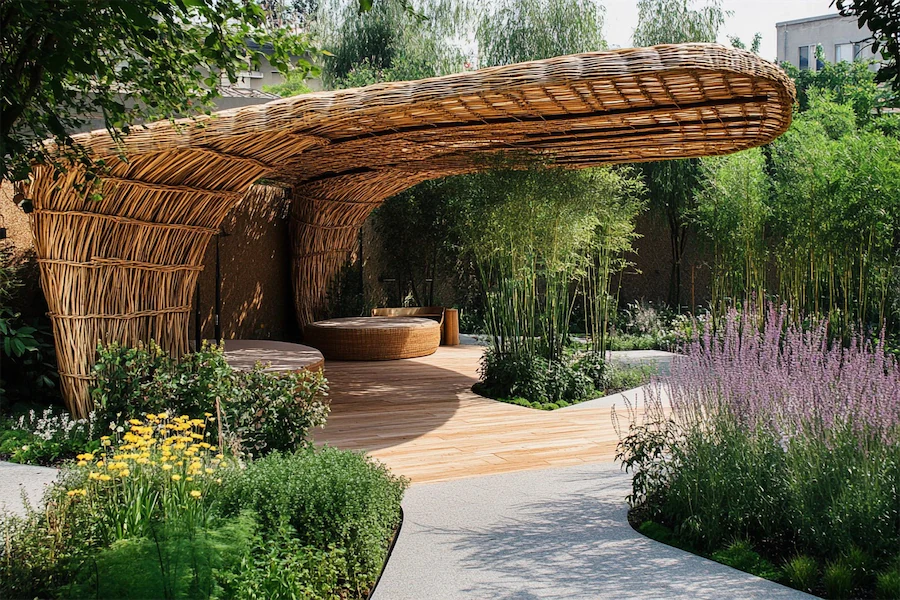A sustainable garden is designed to be environmentally friendly, conserving resources and supporting local ecosystems while providing a beautiful and functional outdoor space.
Key Principles of Sustainable Gardens
- Water Conservation: Implementing efficient irrigation systems, such as drip irrigation, and collecting rainwater can significantly reduce water usage. Selecting drought-tolerant plants also contributes to water conservation.
- Soil Health: Maintaining healthy soil through composting and minimizing chemical use promotes robust plant growth and reduces environmental impact.
- Native Plantings: Utilizing native plants supports local wildlife and reduces the need for additional water and fertilizers, as these plants are adapted to the local climate and soil conditions.
- Biodiversity: Encouraging a variety of plants creates habitats for different species, promoting a balanced and resilient ecosystem.
- Waste Reduction: Practices like composting organic waste and recycling materials within the garden minimize landfill contributions and enrich the soil.
Applications of Sustainable Garden Design
- Residential Gardens: Homeowners can create eco-friendly spaces by incorporating native plants, installing rain barrels, and using organic gardening methods.
- Community Gardens: Shared spaces can adopt sustainable practices to educate members and provide local, organic produce.
- Public Landscapes: Parks and urban areas can implement sustainable designs to reduce maintenance costs and environmental impact.
Considerations When Creating a Sustainable Garden
- Site Assessment: Evaluate sunlight, soil type, and water availability to choose appropriate plants and design elements.
- Resource Availability: Consider the availability of sustainable materials and local regulations regarding water usage and native plantings.
- Maintenance: Plan for long-term upkeep using sustainable practices to ensure the garden remains healthy and environmentally friendly.
Conclusion
By embracing sustainable gardening principles, individuals and communities can create beautiful, functional spaces that conserve resources, support local ecosystems, and contribute to a healthier planet.
